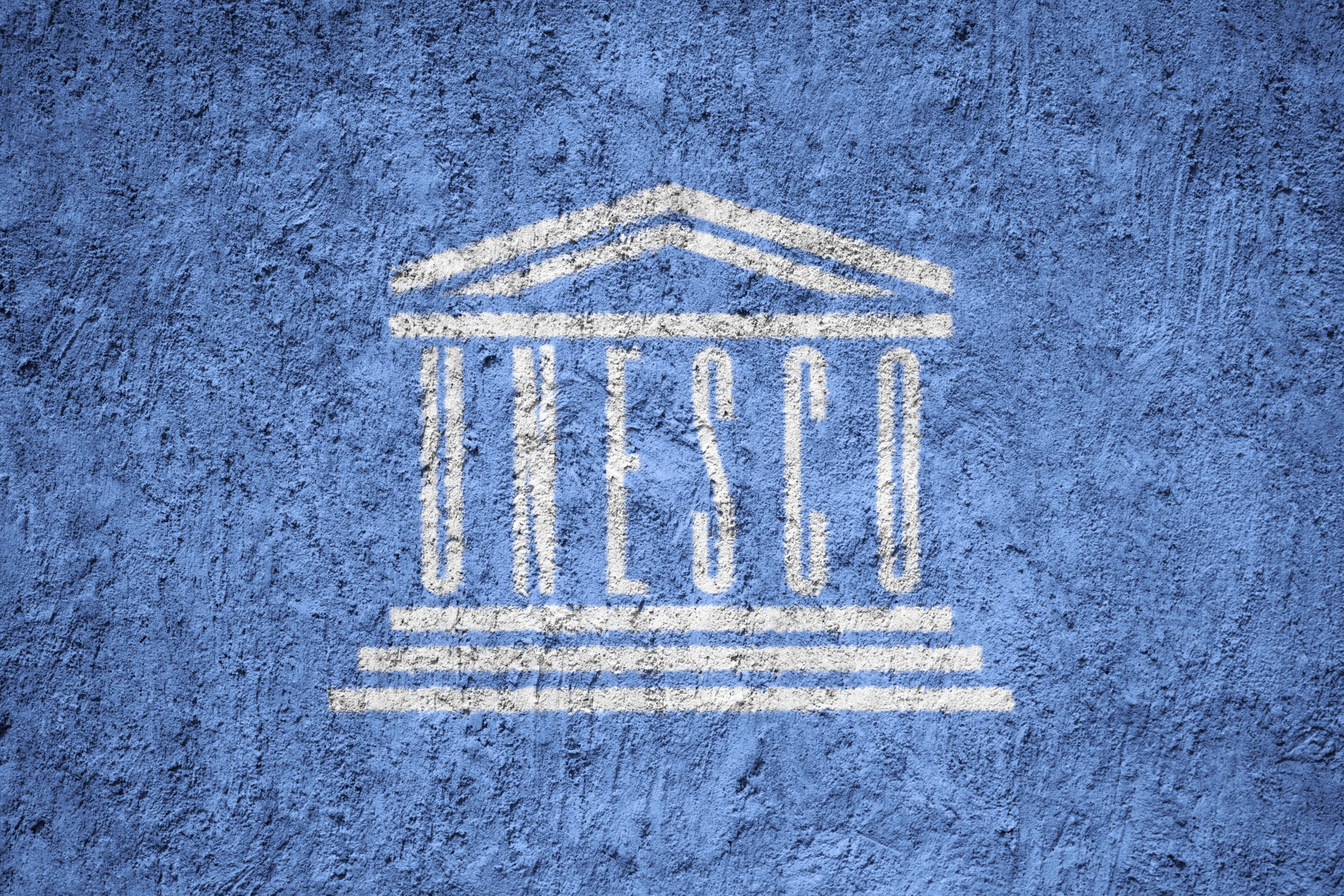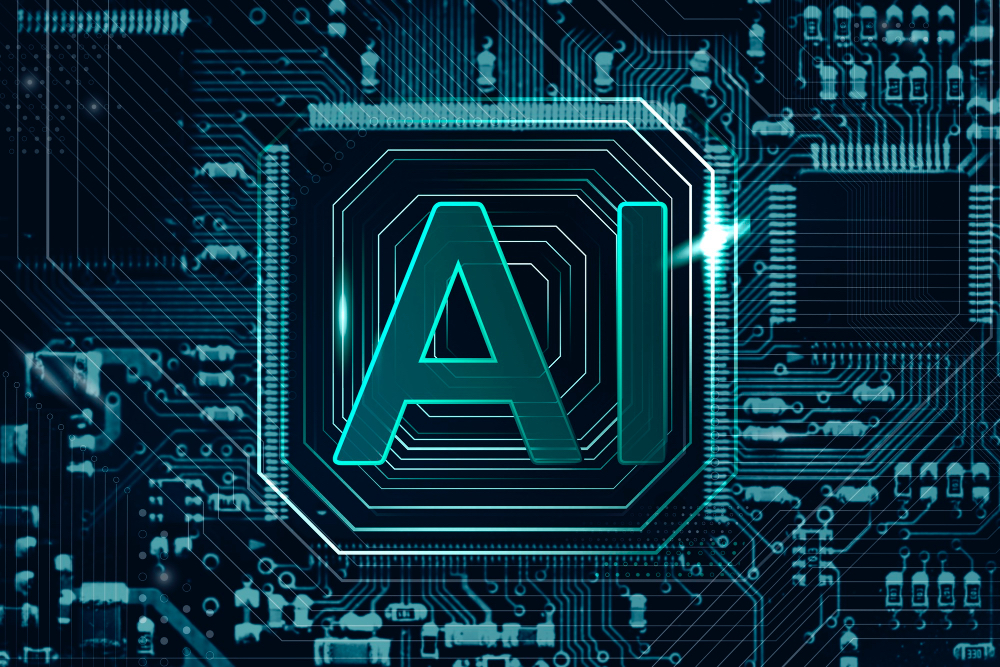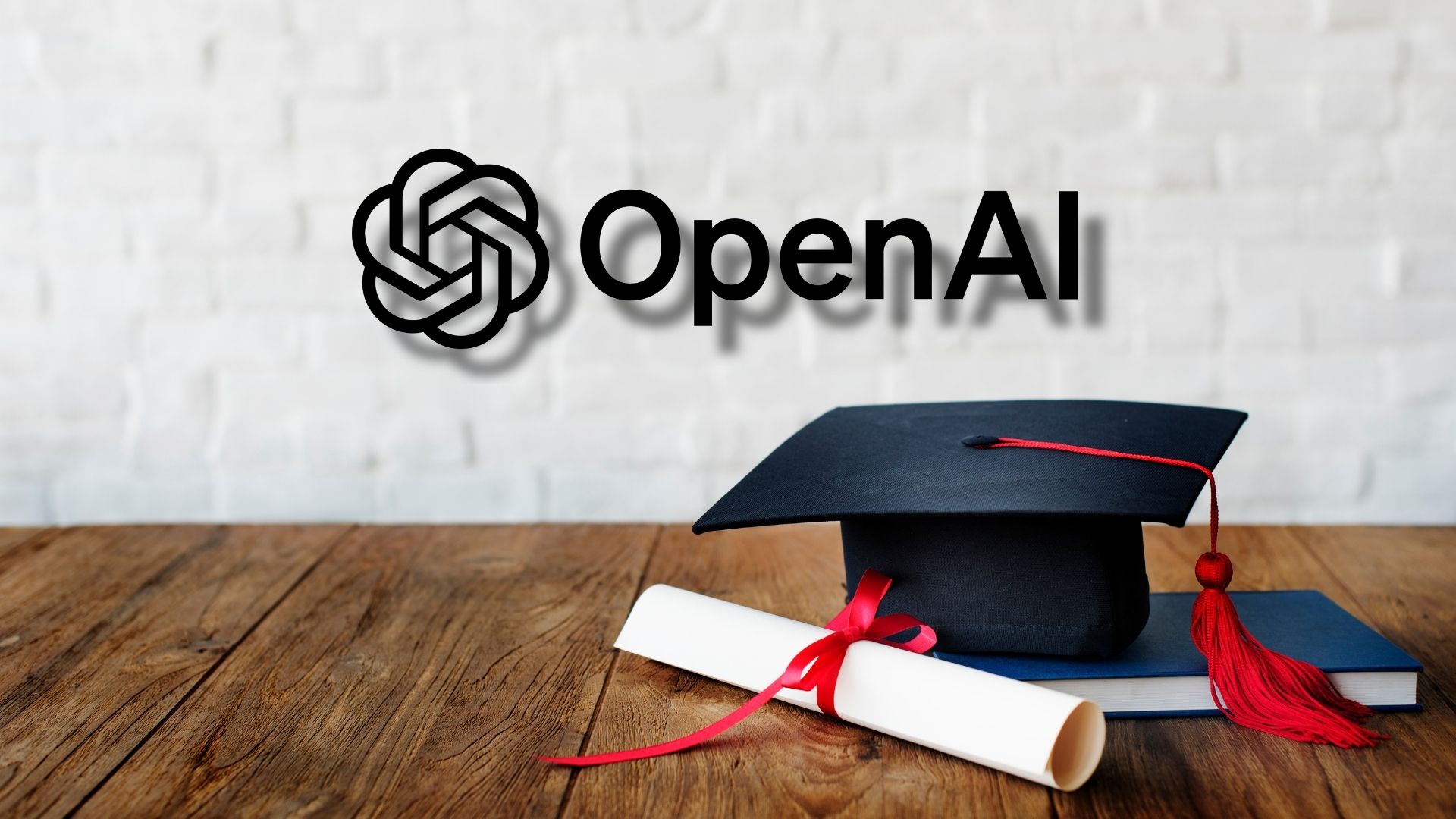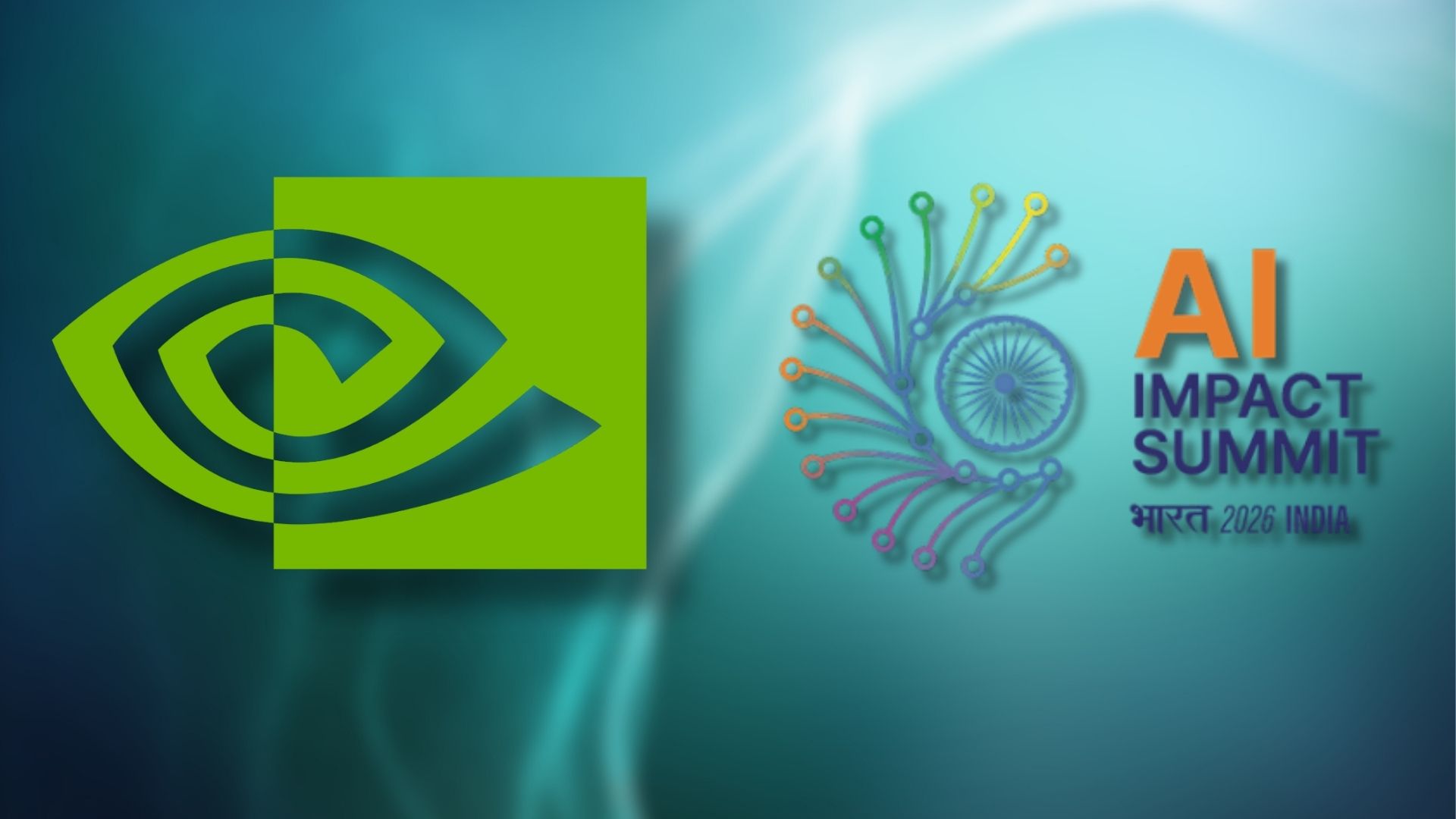The PM of Greece, Kyriakos Mitsotakis, took part in the India AI Impact Summit in New Delhi as part of a two-day visit that highlighted the country’s ambition to deepen its presence in global technology governance.
A gathering that focuses on creating a coherent international approach to AI under the theme ‘People-Planet-Progress’, with an emphasis on practical outcomes instead of abstract commitments.
Greece presents itself as a link between Europe and the Global South, seeking a larger role in debates over AI policy and geoeconomic strategy.
Mitsotakis is joined by Minister of Digital Governance Dimitris Papastergiou, underscoring Athens’ intention to strengthen partnerships that support technological development.
During the visit, Mitsotakis attended an official dinner hosted by Narendra Modi.
On Thursday, he will address the summit at Bharat Mandapam before holding a scheduled meeting with his Indian counterpart, reinforcing efforts to expand cooperation between Greece and India in emerging technologies.
Would you like to learn more about AI, tech and digital diplomacy? If so, ask our Diplo chatbot!










